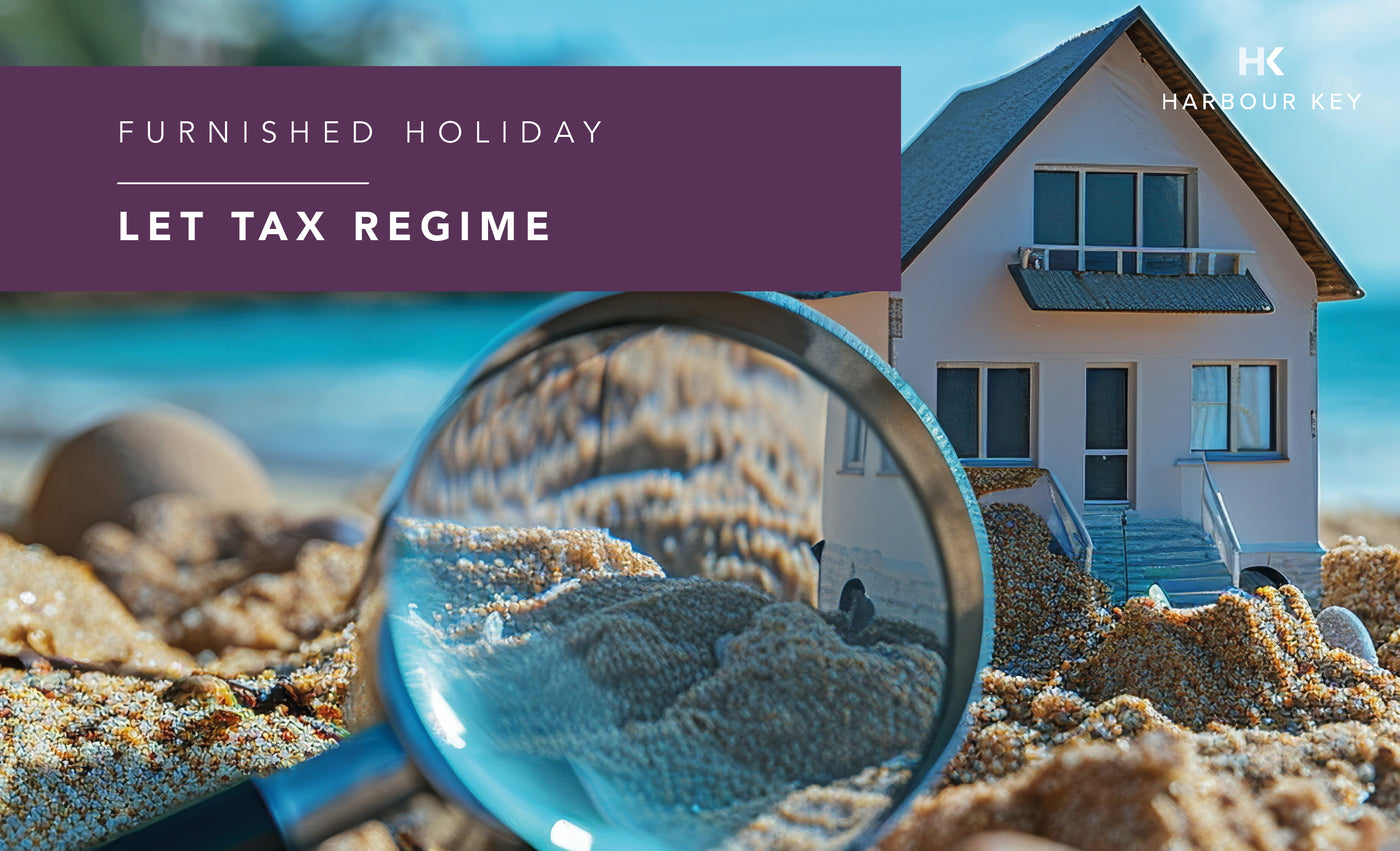
In his last Budget in March 2024, Jeremy Hunt announced the end of the furnished holiday let (“FHL”) tax regime, but with little detail, other than this would take place in April 2025.
The new Chancellor, Rachel Reeves, as part of a number of announcements made on 29 July, confirmed that she is going ahead with the plan to abolish the FHL tax regime, with draft legislation being published.
The end of the FHL tax regime will remove the tax advantages that landlords who offer short-term holiday lets have over those who provide standard residential buy to let long-term tenancies.
The government expects to raise £35m in extra tax in tax year 2025-26, and then £140m in 2026-27. This is set to accelerate in future years to £245m in 2028-29.
From April 2025 income and gains from a FHL will form part of a person’s UK or overseas property business, and will be treated in line with all the other tax rules for investment properties. For individuals, the income tax and capital gains tax (CGT) rules will come into force from 6 April 2025 and change to corporation tax and chargeable gains from 1 April for corporates.
The change will affect five key tax areas:
- the finance cost restriction rules that apply to buy to let rentals, so that loan interest will be restricted to basic rate for income tax, as opposed to currently where a FHL landlord can deduct the full cost of loan interest;
- Removing capital allowances rules for new expenditure and allowing replacement of domestic items relief;
- Withdrawing access to reliefs from taxes on chargeable gains for trading business assets, for example business asset disposal relief (10% tax rate), holdover relief (no chargeable gain arising on the gift of the property);
- The profit will no longer be within the definition of relevant UK earnings when calculating maximum pension relief;
- Profit share among individual joint owners will be based on ownership share, marking the end of flexible profit splitting.
There will be some transitional rules affecting capital allowances treatment with a short-term allowance for existing FHL where they are in the middle of expenditure on an ongoing project. (Any new expenditure incurred on or after the operative date must be considered under the property business rules).
For those FHL landlords with losses to carry forward, they will be permitted to be carried forward and be available for set off against future years’ profits of either the UK or overseas property business as appropriate.
In respect of CGT reliefs, these will be abolished but for transitional purposes. Where criteria for relief includes conditions that apply in a future year these specific reliefs will be allowed where the furnished holiday let conditions are satisfied before repeal. For example, in relation to business asset disposal relief, where the FHL conditions are satisfied in relation to a business that ceased prior to the commencement date, relief may continue to apply to a disposal that occurs within the normal three-year period following abolition of the measure. For example, the FHL business ceases before 5th April 2025, and the conditions for BADR met at that date, under the rules that the trading asset, in the case the residential property, can be disposed up to three years post cessation of trade, and under the transitional rules, BADR can be applied to the disposal of the property.
To prevent tax avoidance, the anti-forestalling rule introduced from 6 March 2024 to prevent the obtaining of a tax advantage through the use of unconditional contracts to obtain capital gains relief under the current rules will continue to apply.
FHL landlords have nine months to adjust their business model to deal with the changes, or alternatively to sell the property to benefit from business asset disposal relief.
Should you need to discuss your position, please do not hesitate to contact Harbour Key.



